We are Wellington | Joseph Hua, Class of 2017
The We are Wellington series is about people from across the community – pupils, parents and staff members – sharing their thoughts and experiences of the College. Joseph Hua is an Old Wellingtonian as one of the pupils in our first set of leavers in 2017. He worked in London during his gap year as a volunteer teacher and mentor for the non-profit organisation City Year before joining us again in September for a month’s work experience as a teaching assistant. He has now started his first year at Imperial College London to study mathematics.
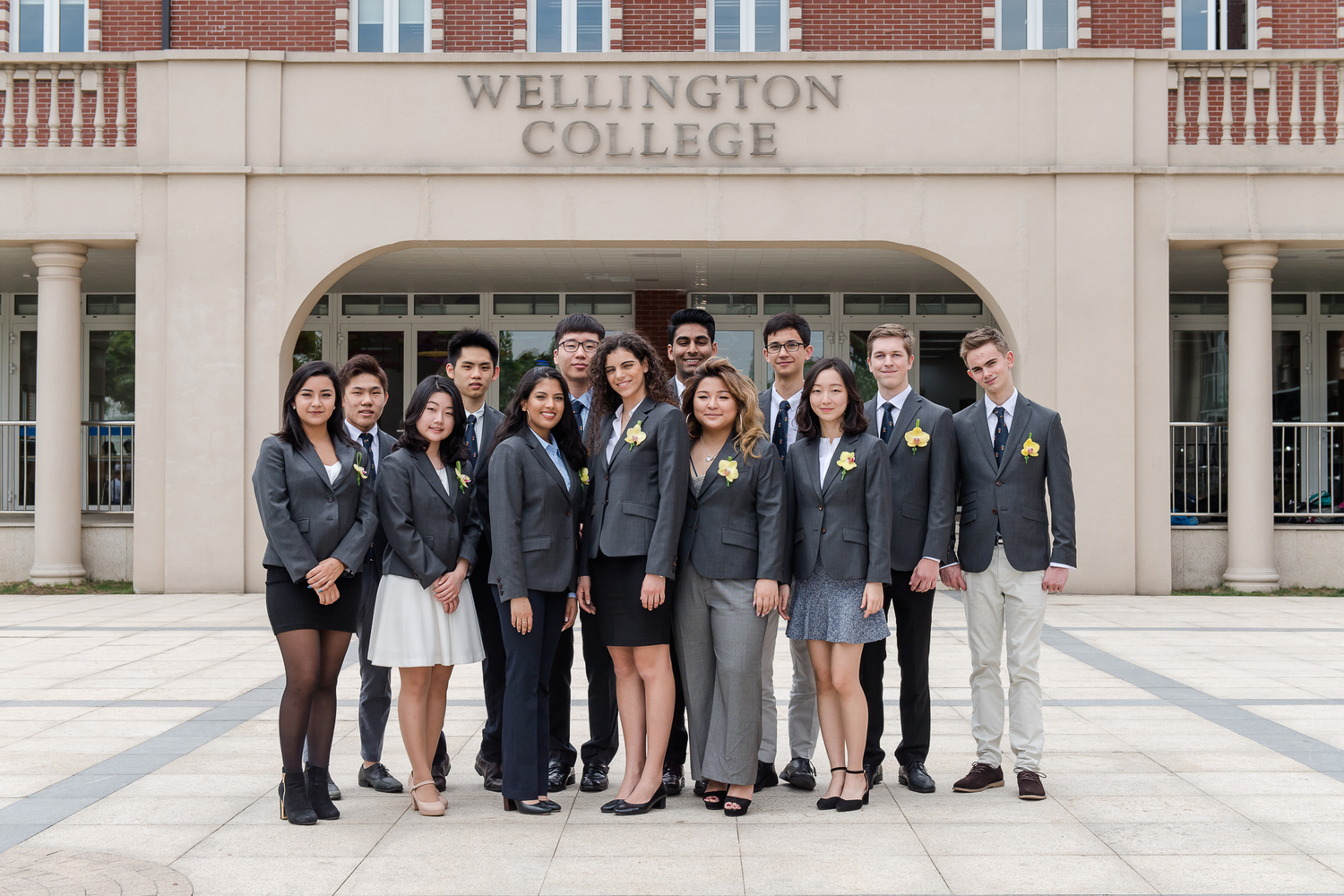
Now that your gap year is over and university is starting, have you had much time to reflect on your sixth form years at Wellington? Joseph: It’s certainly gone by very quickly, but my gap year has been a highly enjoyable and interesting step between school and university. I’ve definitely learned a lot but my time spent teaching this year has made me think back on what I learned at Wellington. I think the most important thing I gained was a sense of responsibility for my own learning and to seek out what I enjoyed. During my IB studies, teachers helped me understand that it’s more important to learn something for the love of learning it, rather than being overly caught up about its future value in academia or any given career. Enjoying things that aren’t directly related to your course is, in some ways, as important as the course studies themselves. Playing music, reading for pleasure, sports, theatre, languages, independent study, these things all help you blow off steam and come back to your studies fresh and focused.
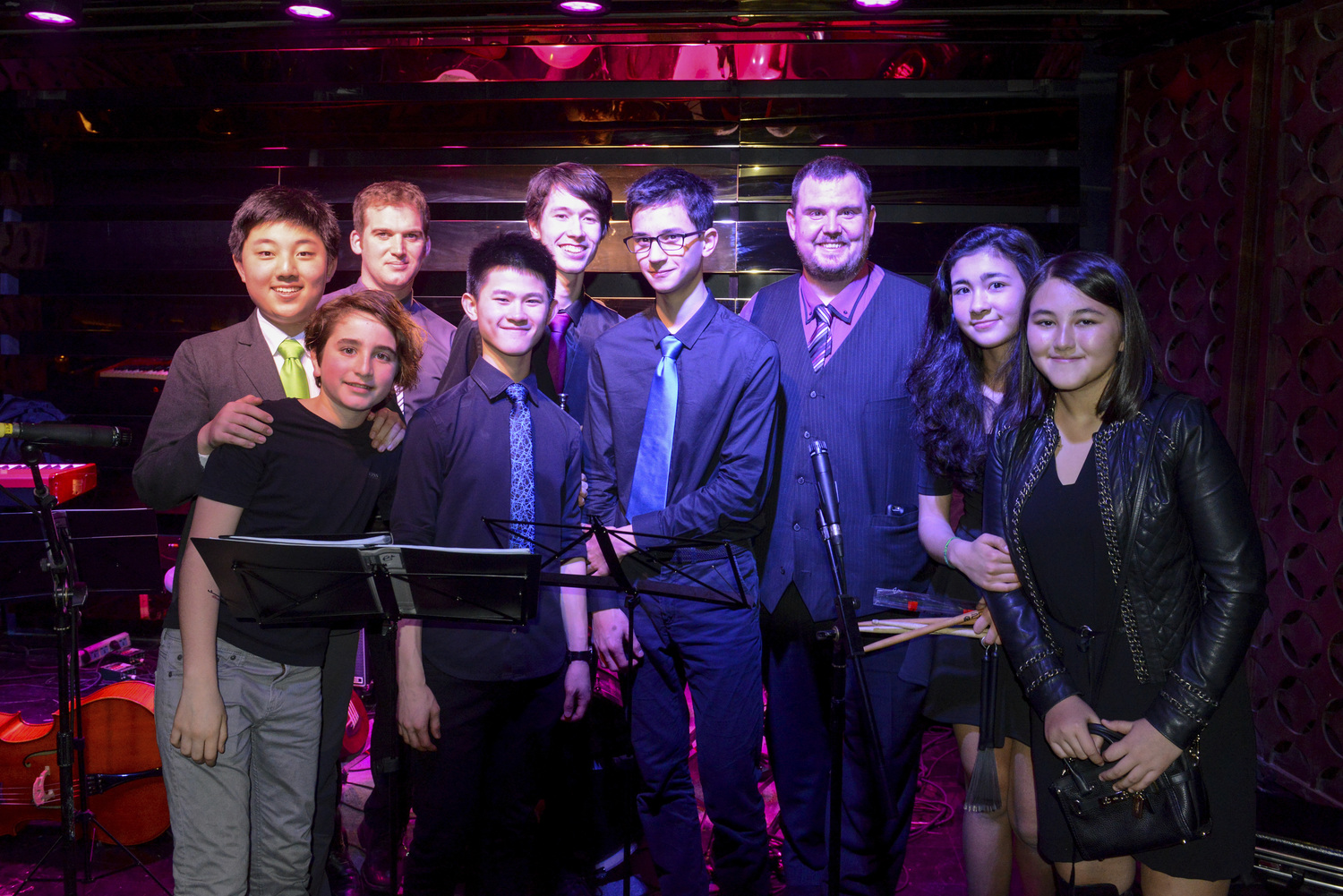
Speaking of music, you were a member of the College’s jazz band when it was initially formed. What role did music play in your time at Wellington? Joseph: It was, and still is, a huge part of my life. I loved being in the band, collaborating with all the very talented people was a lot of fun and it made me a better musician for it. It was also a big help in terms of my IB studies. We were always encouraged throughout sixth form to maintain a range of interests and creative outlets beyond our chosen IB subjects, and I found music to be a great way to shake things up and give my brain a different kind of workout. Even though it was hard work to solidly practice and perform in the band, it wasn’t actually tiring, quite the opposite in fact – it was a very energising influence. I think this goes for anything you might enjoy that’s creative and fun; anything that gives your brain that kind of alternative workout is likely to be a positive influence in terms of helping with your studies and overall wellbeing.
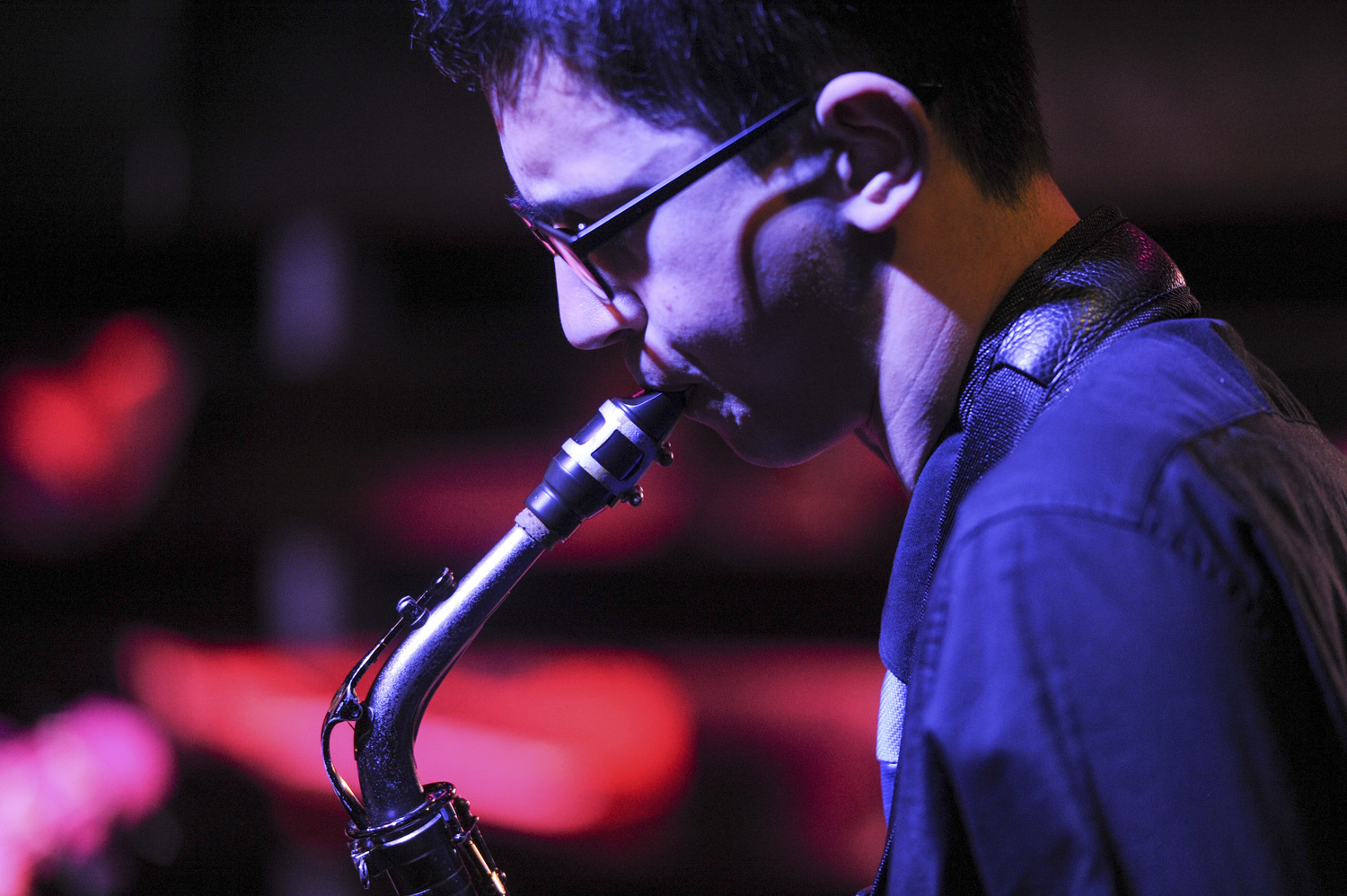
Are you still playing jazz? Joseph: I’m still practising, but I haven’t really had much time for performances during my gap year as it’s been very busy both in London and back here in Shanghai. I’m planning to get into performing again at university, not least because one of my Wellington bandmates, Ken, will also be studying mathematics at Imperial College.
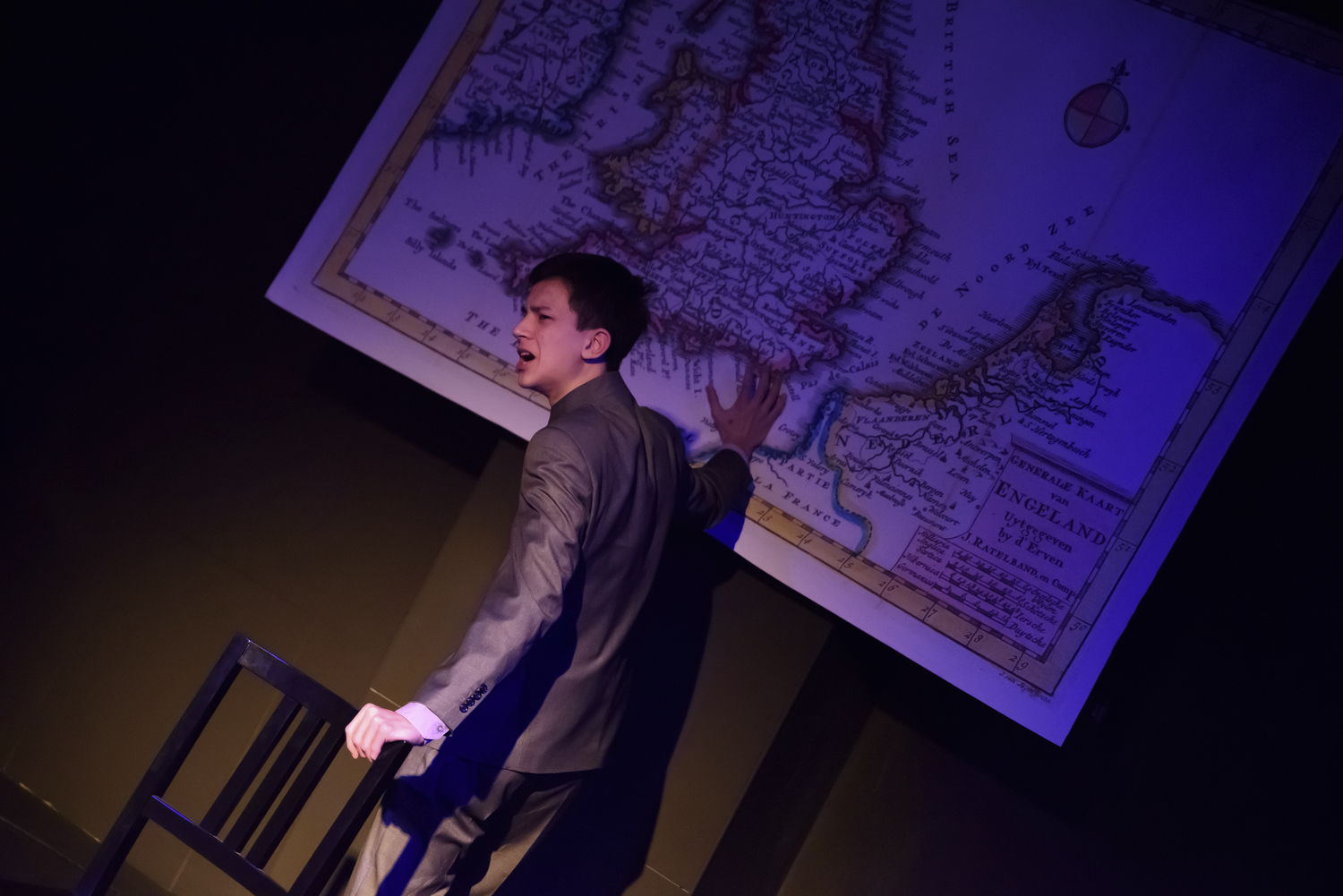
Do you have any advice for Wellington pupils who want to do something similar in terms of setting up a band or group related to their particular interests? Joseph: Just do it. No matter what you want to do, there will always be one or several teachers who will be willing and able to help get you started with the resources, space, whatever it is you might need. All you have to do is show initiative and you will get the support that you need to see it through and create something special. From my own personal experience, the music department have always been great at showing how everyone has a voice and has something to contribute. This attitude is something I feel carries on throughout every part of the College.
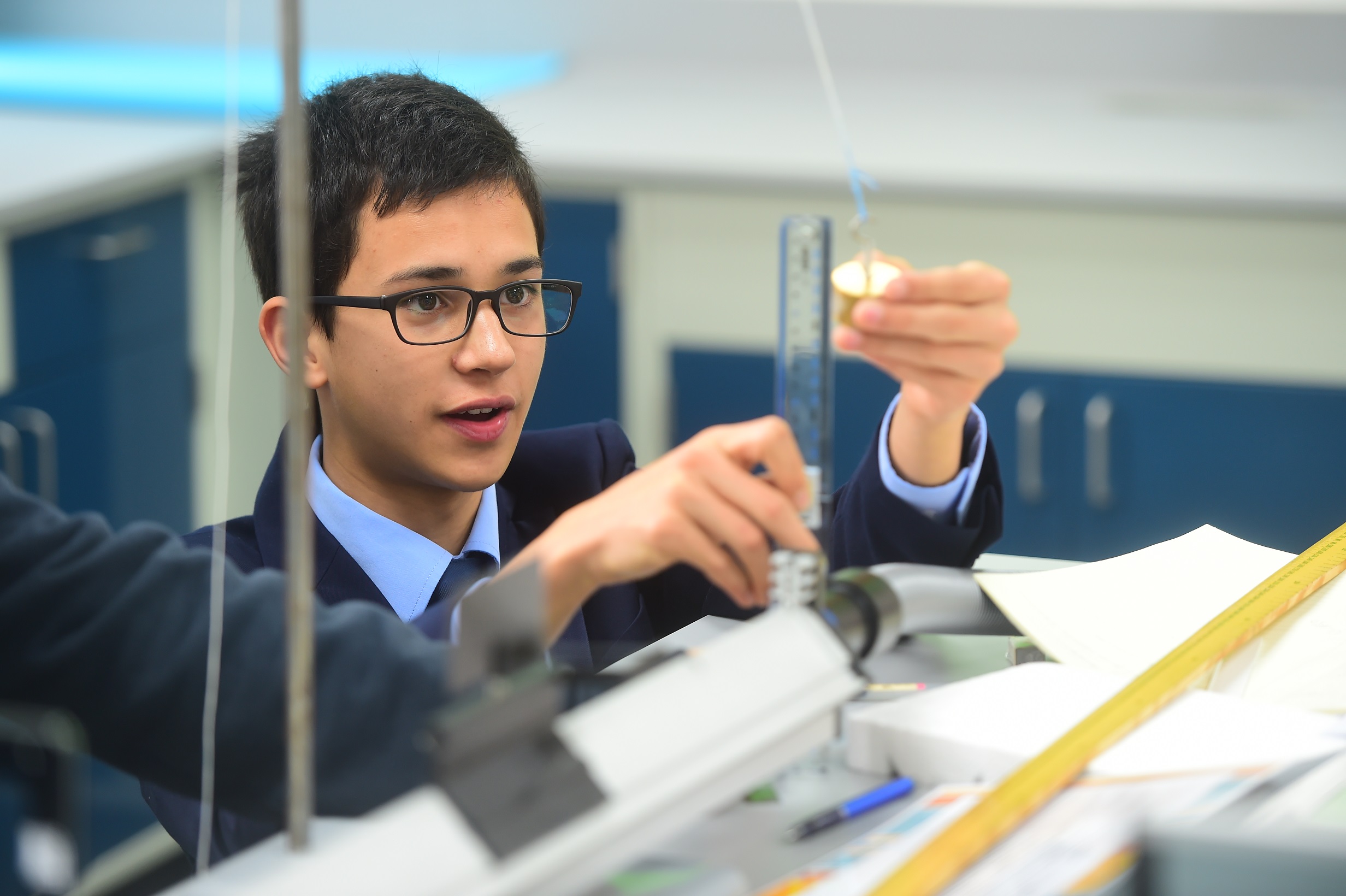
You are Wellington’s top IB achiever, having attained an overall score of 44. Do you have any advice for the current sixth formers preparing to take the IBDP? Joseph: Get organised and start preparing as early and heavily as possible. This is a good way of looking at any curriculum but it applies especially to the IBDP. The Extended Essay, the Theory of Knowledge, all the IAs – it all hits you in the first term of year 13. You are inundated with a lot of work, so you need to prepare the ground as early and thoroughly as possible, or there’s a real possibility of feeling overwhelmed by it all. My only other advice is to keep an open mind when thinking about your subject choices. What you’re instinctively good at might be what you end up enjoying the most, but I think it pays to consider other areas that you feel you might also enjoy, despite not having so much experience with studying them. Essentially, go for what you feel will be the most enjoyable options, not necessarily the easiest. How have you enjoyed your experience of teaching and being “on the other side of the counter”, so to speak? Joseph: It was very strange initially! I’d just finished being a pupil, then I went almost immediately to an inner city school in London to teach people who were only three years younger than I am. My role was half-academic tutoring and half-mentoring, where I spoke to the children about issues they were dealing with, supported their social and emotional development. The City Year organisation I worked with places volunteers with the pupils who they were most concerned about, so I was working with challenging pupils in years 10 and 11. It was a steep learning curve, and was emotionally and physically taxing, to say the least. To be honest, I wasn’t initially sure what I could offer them on the social/emotional side of things, but after building a relationship with them, using the tools I gained at Wellington, reflecting my relationships with my teachers, I quickly realised that I could make a positive impact, which was incredibly rewarding.
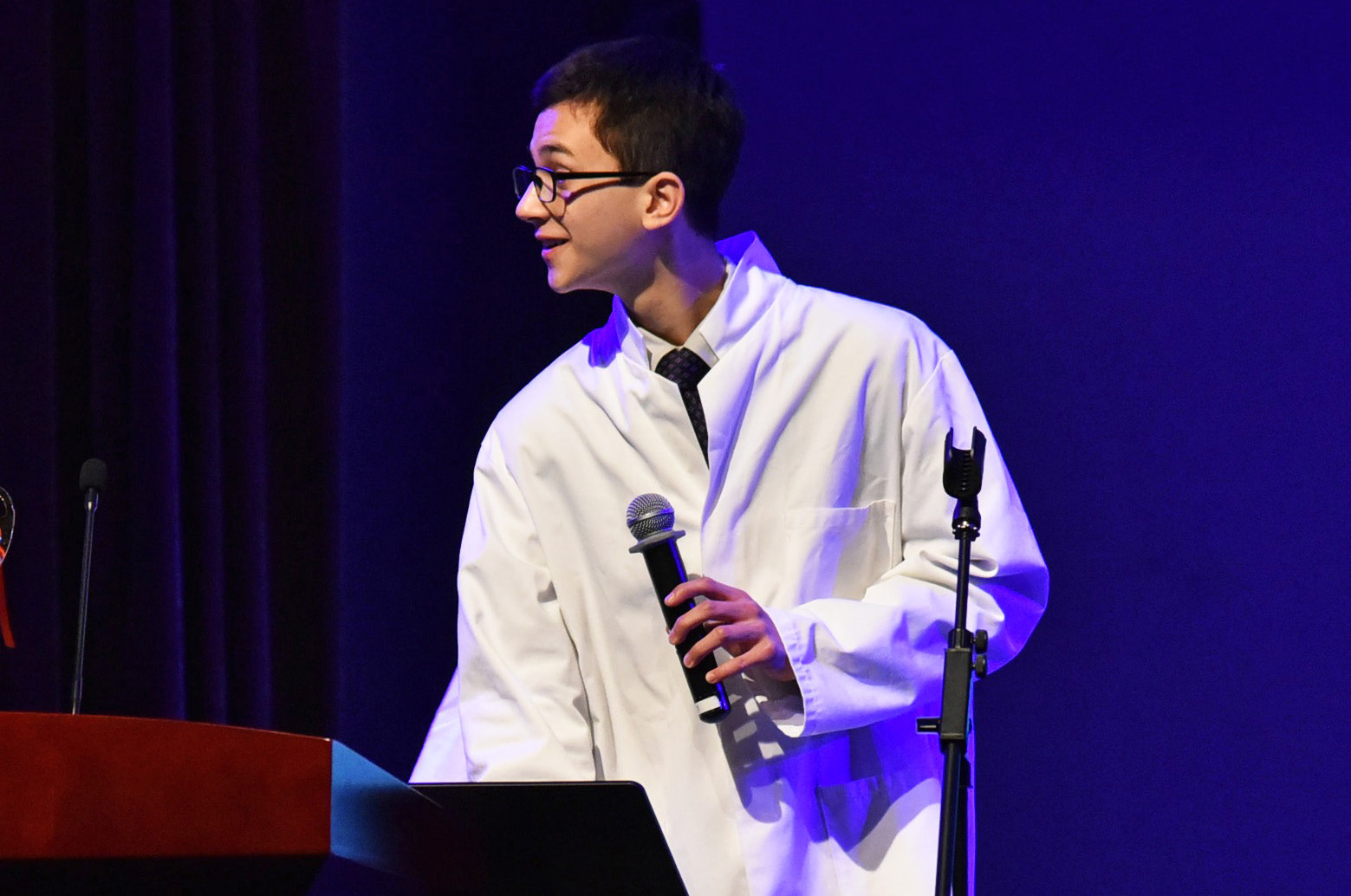
What specifically about your Wellington experience was useful in helping you be an effective teacher and mentor? Joseph: Principally, it was this: I was always spoken to like an adult, so I always tried to treat the pupils under my care as adults. I was always taught that my opinions and interests matter, so I continually tried to pass on that message to my mentees. After working in London with City Year, you came back to Wellington to assist in teaching. How was that? Joseph: Very different, as you might expect, and a little surreal in the nicest possible way! A lot of the pupils I was working with remembered me from my time studying here, so that relationship was already in place. I was doing a mix of permanent lessons and floating to assist wherever I was needed. I really enjoyed both sides of my work experience. Being in a working environment is a complete reality check – I recommend it to anyone who wants to understand the world outside of education before they dive back into their studies at a university. How are you feeling about Imperial College? What are your expectations? Joseph: I can’t wait. I hope that it’s going to be a place where I spend some really exciting years learning about the things that I love, while I enjoy being in an amazing city. Essentially, I expect it to be quite like Wellington in a lot of ways. Here, I was encouraged to always keep thinking for myself, to contribute my thoughts and ideas, and to be responsible for my own learning. From everything I’ve heard about university life, those expectations are placed on you from day one, so I think that I’m well prepared in that sense.
More relevant articles :
Related Articles













